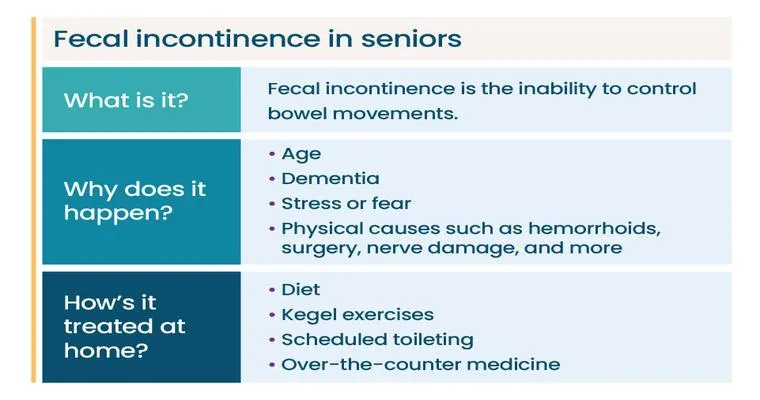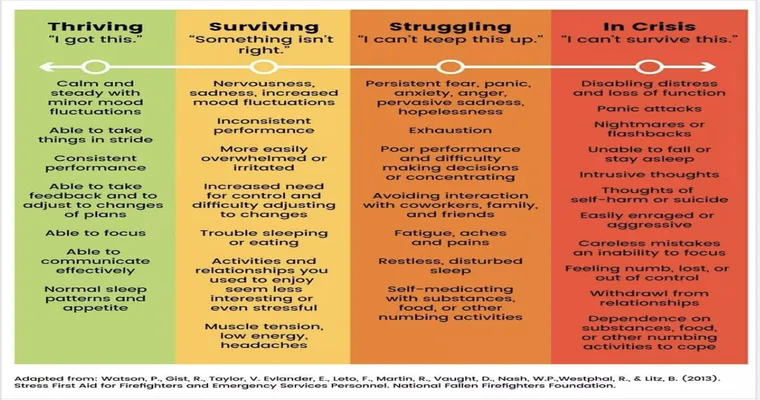If your loved one (LO) with "mid-stage Alzheimer’s" has recently received an "abnormal stool test reading", you may be feeling concerned about the next steps in their care. One common procedure that might be recommended is a "colonoscopy". While this procedure can provide crucial insights into gastrointestinal health, it raises questions about the use of "anesthesia", particularly in individuals with cognitive impairments like Alzheimer’s.
Understanding the implications of anesthesia for a colonoscopy is vital for making informed decisions about your LO’s health. Anesthesia can offer significant benefits, including pain relief and sedation, but it also carries potential risks, especially for patients with Alzheimer’s disease.
Understanding the Risks of Anesthesia
The primary concern with anesthesia in patients with "Alzheimer’s" is its impact on cognitive function. Anesthesia can sometimes lead to "post-operative confusion", which could exacerbate existing cognitive decline. For a person with mid-stage Alzheimer’s, this confusion might manifest as increased disorientation or difficulty communicating after the procedure.
Additionally, there are specific risks associated with sedation in older adults. These can include "respiratory issues", changes in blood pressure, and prolonged recovery times. In patients with Alzheimer’s, these risks may be heightened due to their overall health and existing medical conditions.
The Importance of Comprehensive Evaluation
Before proceeding with a colonoscopy, it is crucial to have a thorough evaluation by a healthcare provider who understands your LO’s medical history and current cognitive status. Discuss any concerns you have regarding the use of anesthesia and inquire about alternatives. In some cases, lighter sedation or even a non-invasive test might be appropriate, depending on the situation.
Weighing Benefits Against Risks
While the risks of anesthesia are a valid concern, it is essential to weigh them against the potential benefits of the colonoscopy. An abnormal stool test can indicate serious underlying issues such as polyps or colorectal cancer. Early detection through a colonoscopy can significantly improve outcomes and treatment options.
If the procedure is deemed necessary, ensure that the medical team is well-equipped to handle patients with cognitive impairments. This includes providing clear communication and support before, during, and after the colonoscopy to minimize anxiety and disorientation.
Preparing for the Colonoscopy
Preparation for a colonoscopy involves several steps, including dietary changes and bowel preparation. Make sure to follow the doctor’s instructions closely to ensure the procedure goes smoothly. Additionally, consider having a trusted family member or caregiver accompany your LO to provide support throughout the process.
Conclusion
In conclusion, while there are potential downsides to anesthesia for a colonoscopy in a loved one with "mid-stage Alzheimer’s", careful planning and communication with healthcare providers can help mitigate these risks. By thoroughly evaluating the need for the procedure and discussing anesthesia options, you can make informed decisions that prioritize your LO’s health and comfort. Remember, early detection of gastrointestinal issues is crucial, and a colonoscopy may provide essential insights into their health status.





